|
So, I always want to encourage people to seek out mental health professionals if they feel like they have a significant issue or if they just need a mental health tune up. I am a passionate advocate for mental health awareness, which means that I am trying to make the mental health experience a little less scary. I want to share what it is like not only being a therapist but being the one “on the couch”. I have mentioned in one of my related articles, “Getting Comfortable with Psychotherapy” that I have been on the receiving end of therapy, twice. So, I have a pretty good idea of what is going through your mind when you make the phone call, when you wait in the waiting room, when you sit down in front of a stranger who knows nothing about you but is supposed to bring you back to equilibrium. Today, a few questions that I wanted to answer are “do we miss our clients” and “do we speak about our clients”. First, in terms of speaking about our clients, mental health professionals SHOULD ALWAYS maintain strict rules of confidentiality. Only ever bringing you up in clinical situations in order to garner the best help possible for you, our client. I going to be honest here, there are some really difficult clients that lead to really difficult sessions. To keep giving you the best care, we absolutely have to digest with somebody, a colleague with whom we maintain strict confidentiality with. True confession here, there are and will be times where we have to talk over what happened in a session and possibly talk over a diagnosis, but I stress again, this is only in a clinical private / confidential setting. I do not talk about you with my spouse or my BFF. Speaking for myself and my partner at Koinonia Counseling Center, we believe that confidentiality is one of the most important things in counseling because it allows us to maintain a therapeutic relationship, which is essential to having a successful therapeutic intervention. The relationship between you and your therapist, the honesty, being able to know that what you say is held in strict confidence (barring there aren't any items that break confidentiality like abuse or threats of suicide and there's no court order documents that we have to give up) are all vital aspects of counseling.
In regards to missing our clients, yes, I would absolutely say that we do miss our clients. However, we also know that we have to maintain a professional relationship. We are not allowed to call you up and say, “hey we want to be your best friend, do you want to go out for coffee?”. There are actually strict guidelines for us in terms of when we could ever see our clients out of the office, date our clients or have any form of sexual relationship with clients. The ethics of our profession demands this in terms of years and certain relationships could cause us to lose our license. I can share that I miss clients in terms of seeing them happy with the progress that they have made through out our sessions, knowing that my life’s purpose is helping you. I want to state that while I thoroughly enjoy helping people, I would definitely say that you shouldn’t expect to hang out with your therapist. Don't go into therapy having the expectation that they're your friend. Psychotherapist/ counselors are around to care about you 100%, there to have your best interest at heart, they’re there to be a neutral party. We walk a fine line of being on your side but making sure that you are grounded and can maintain proper boundaries. So yes, we as therapists do talk about our clients (clinically) and we do miss our clients because we have entered into this field because we remain hopeful for others. I pray that other therapists go into the mental health field because they want to help people become the best versions of themselves that they can be.
3 Comments
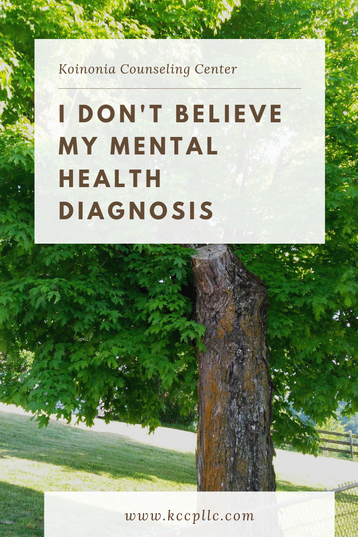 Okay, so I have been on both ends of the spectrum and roles here. I have been that therapist who has had clients who do not believe in the diagnosis that was given to him or her. As a therapist, this led me to a lot of frustration, trying to get a client to see what I had seen and the diagnostic criteria that I used to come up with such an assessment. Needless to say, we had an open and honest dialogue about why I had diagnosed a client with the disorder and many clients eventually came to terms with a diagnosis even though the diagnosis included medication and many clients are sadly non-medication compliant. Let me put it out there, I do not think that my diagnosis is the end all, be all. If you want a second opinion then by all means, please seek the advice of another mental health professional. What I ask you not to do is outright deny any possibility that what we have spoken about in session is ridiculous or a lie. When I sit with a client during diagnosis time, we discuss the reasons for the diagnosis, I ask what they think about the diagnosis. I have had clients tell me straight out that they think their diagnosis is something more and when we delve deeper into their stories, I end up agreeing with them and changing a diagnosis. This also means that I ultimately change their treatment plan, exercises and likely what theory that I plan on using to treat a client. When I was diagnosed with Post Traumatic Stress disorder I had a very difficult time being able to even say "out loud" that I had post-traumatic stress disorder. This reason, for me, came about because of a traumatic car accident in which there was the high potential for me to be loose all four of my children in one fell swoop. I felt ashamed that I had the diagnosis, but that was because I did not feel like I deserved it. Now, I know better and most certainly where my diagnoses with a badge of honor. Post-traumatic stress disorder, depression and anxiety are the most prevalent mental health issues that I deal with on a daily basis, using my cognitive exercises and medication. Again, what I am telling you here is to not take whatever diagnosis that you can get and run with it; it is vital that you talk it over with your mental health professional. This is another time that I stand on my soap box and remind you that you have to advocate for yourself and your mental health. Listen to your mind and your body, it will tell you that something is not quite right, but do remember that those you seek out in mental health professions have education that they paid for in order to help you. See how you can work with your therapist or clinician in order to find the best outcome for you. You have to be the catalysis for change, otherwise, we are just in the room to hold down the chair and practice on our penmanship and note taking. 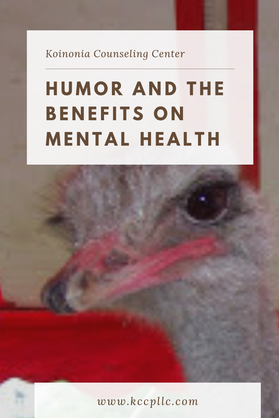 Humor is wonderful. I know that I thoroughly enjoy the feeling of a good laugh. I also enjoy intelligent humor that really makes you think then hits your gut with a punch line. I use humor daily to combat my own mental health issues, mainly depression and anxiety. I use humor when I mentor, when I counsel and well, basically any time I can get a good joke in. Our pastor is fantastic at adding a punch line to his sermons, which is most surely necessary for me to stay engaged. It’s like the song says in Mary Poppins, “I love to laugh” especially to the point where my cheeks hurt from smiling. Below are some ways that humor is vital to our mental health. I could not come up with this list on my own and have sources I used from research. As I have a Psychology background, I often site in APA, so please bear with me if that is what you see. Humor Can:
Moral of the story, laugh! Please, don’t laugh because you are trying to hide something deep and dark, but laugh so it can heal you. References: Journal of Rational-Emotive & Cognitive-Behavior Therapy, Vol. 20, Nos. 3/4, Winter 2002 (2002) HUMOR AND ITS CONTRIBUTIONS TO MENTAL HEALTH. Bill Borcherdt Clinical Services of Winnebago County and Private Practice, Neenah, Wisconsin. Schneider, M., & Voracek, M. (2018). A joke a day keeps the doctor away? Meta-analytical evidence of differential associations of habitual humor styles with mental health. Scandinavian Journal of Psychology. |
This Is What You'll Find HereHere you'll find all the extra goodies like blog post, podcast, public speaking events and other community activities. Archives
December 2022
Categories |

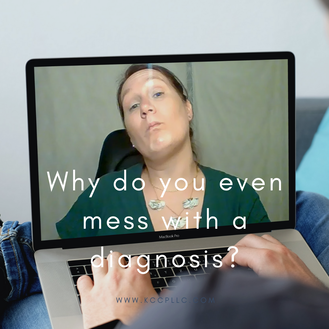
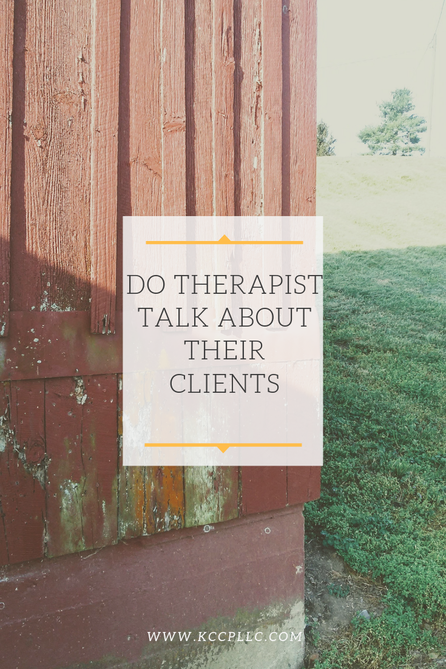


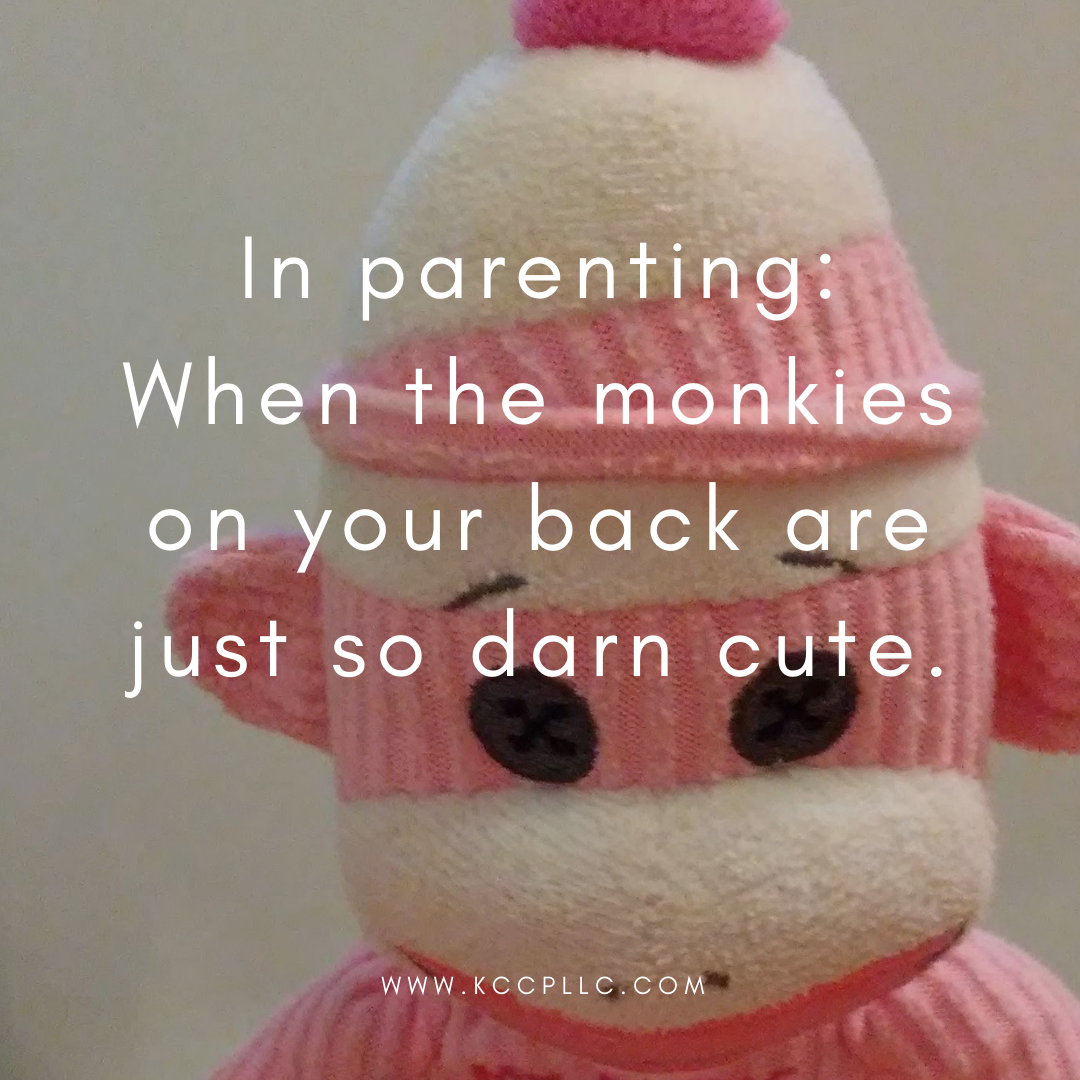
 RSS Feed
RSS Feed